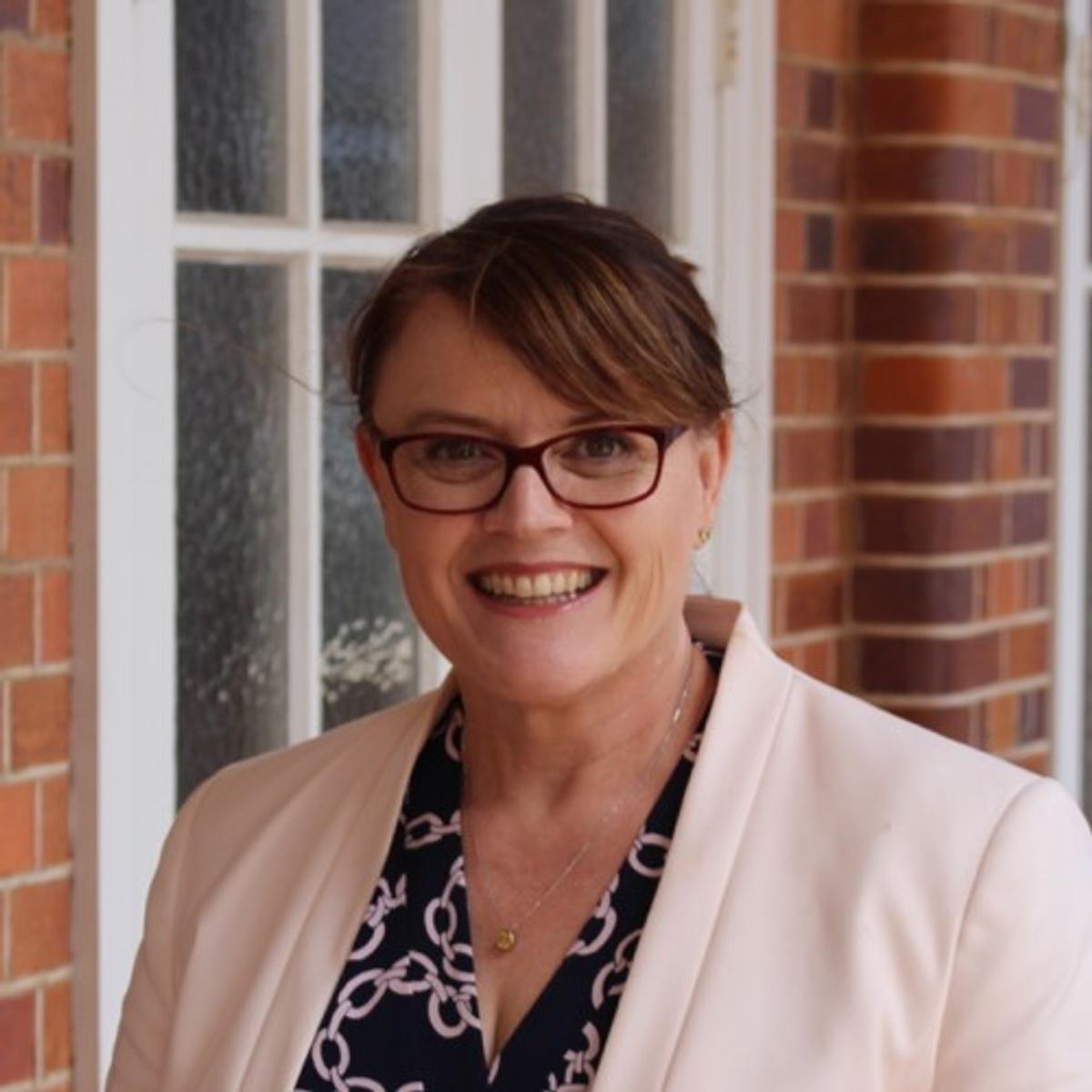Principal's Message
Kerry Manders

Principal's Message
Kerry Manders
RECONCILIATION WEEK 2023
It was with great delight that we welcomed staff, parents and students to celebrate our reconciliation week assembly. It's important for our community to recognise our First Nations brothers and sisters and the significance of this time of year.
Friday is national sorry day, a day where we remember, acknowledge and make others aware of the difficult past for our First Nations brothers and sisters, in particular, the stolen generation. We say sorry for the time when there was the forcible removal of Aboriginal and Torres Strait Islander children from their families, communities and culture.
Then on Saturday, we acknowledge the 1967 referendum, where on the 27th of May 1967 Australians voted to change the constitution to allow Aboriginal and Torres Strait Islander peoples the same opportunities as other Australians.
And then on Saturday 3 June, at the conclusion of National Reconciliation Week, we commemorate the 31st anniversary of the High Court Mabo Decision where the High Court agreed that the Meriam people held traditional ownership of the lands of Mer in the Torres Strait. Eddie Koiki Mabo successfully argued that the Crown did not own his family’s ancestral land.
These important days are integral to Reconciliation Week as these events began reconciliation with First Nations peoples.
Reconciliation is an important part of how we live in a Catholic school. Reconciliation is the act of reconciling, and it must be an action. What does it mean to reconcile? It means to restore friendship or harmony. When we are working for reconciliation, we are using our courage and faith to act in the way of love, a love that restores relationships and dialogue with others. When we allow a sense of reconciliation to enter our homes, schools, and families, we empower others to do the same. When we make things right by reconciling our relationships, we are restoring harmony to each other, our college and the wider community.
Pope Francis explains that reconciliation is an act of service where we bless others and our communities by making our community welcoming to all. Something that we are known for at St Mary’s, we are people of welcome. When we offer the peace of Christ to other people, we heal the wounds of the past, and we open our hearts to be people who seek truth and a sense of brotherhood and sisterhood for everyone in our community.
The love of God is the force of reconciliation between us. Kindness, empathy and forgiveness are the tools of reconciliation. These tools are within the reach of all of us. As a community, and a family, reconciliation is everyone's responsibility. It is everyone’s responsibility to use these tools to be people of reconciliation and restore harmony within our relationships. At St Mary’s, we are dedicated to ensuring that good relationships are essential to our way of life.
The theme of this year’s national reconciliation week is “Be a voice for generations”. This resonates with us at Saint Mary’s because it reflects our values.
As members of this community, we are called to be people of faith, hope and love and to make a difference in our world. I invite you from today, not just this week, to be intentional about the way we live together, to be intentional about reconciliation, to be intentional in using your voice to bring about harmony, to be intentional about being the change in our community where we reconcile with First Nations brothers and sisters.
Using your voice for generations is about both future generations and past generations. It is about reconciliation with past generations, challenging and calling out old ways of being that diminish, demean or devalue others. It is about using our voice to say sorry. And it is about paying it forward to future generations; this is where every person can go about making our world a better place.
At assembly this week, I gave our students some very simple responses to shut down acts that create disharmony. Actions we can all use with a little courage too. I suggest that when they hear a negative or racist comment or a mean act. They say clearly, “what you just did is not ok in our community”. It can be as simple as saying, “that’s mean”. Now some people may say “it’s just a joke, can’t you take a joke” and you can respond using your voice – quietly, clearly – and reply again “it’s mean”. No argument, no negativity, a simple, clear, humble yet brave response. And we need to say it over and over and over again. Because as Paul Kelly tells us “from little things big things grow”.
I asked students and staff to stop and think about a slur they have heard and asked them to reflect – “Did you respond? Did you laugh along? Glad it wasn’t directed at you?”
In the spirit of reconciliation, I ask every person to be courageous and call out acts of disharmony; I invited students to say something simple like “that’s not nice”, “that’s mean”, or “it’s demeaning when you say those things”.
Now if we truly are a community of love then we support each other, so if we hear someone say horrible things then we call it out, we add our voice, we amplify the positivity we restate the challenge to demeaning acts – no tone, no shouting, no threats – just a simple “yeah, that is mean!” And we need to say it over and over and over again. We need to be intentional about using our voices to make the small steps towards reconciliation.
It is with great excitement that we can celebrate reconciliation week together and live out our own St Mary’s vision through faith, hope and love; in fact, with abundant love, we can make a difference in our world. I wish our community a wonderful week of celebration.


God Bless
Kerry Manders
Principal